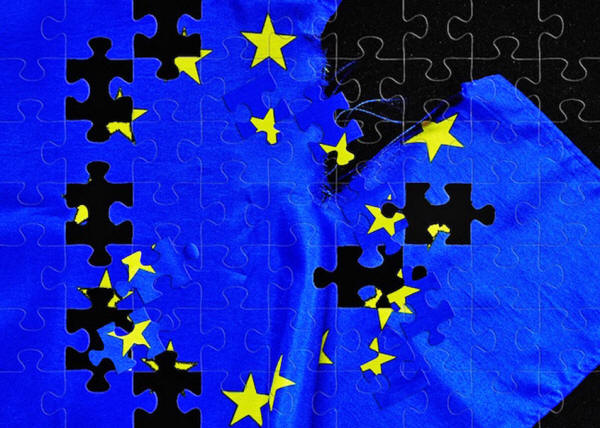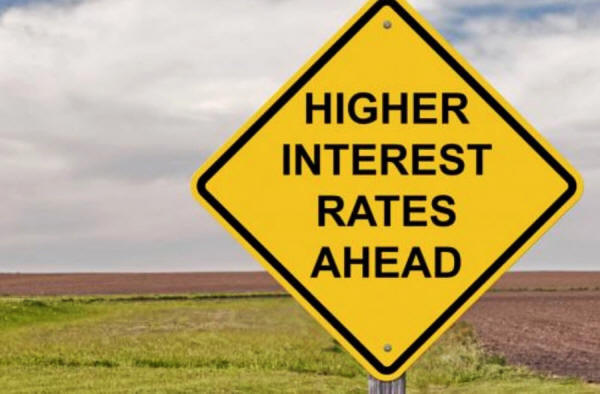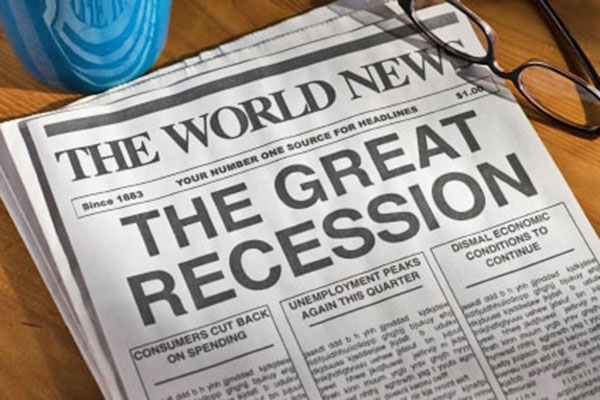|
by Andrew Moran from LibertyNation Website
economic growth rate has slumped to a four-year low...
With the 19-nation
currency bloc beginning to stagnate, and the heavyweights failing to
post significant gains, Brussels is in 'panic mode,' likely leaning
on the European Central Bank (ECB)
for further stimulus.
But global trade woes,
tumbling business confidence, Italian distress, and the gradual
dissipation of an accommodative monetary policy all contributed to
the poor numbers in the July-September period.
is not prepared to contain
a new financial
crisis…
Rome has been contending with a debt crisis, sending the yield (interest rates) on government bond prices higher. Officials are embroiled in a contentious battle with the EU because their borrowing plans violate the trade bloc's rules.
There is now talk of a
Keynesian-style fiscal stimulus to
rev up the national economy.
While the figures are commendable, French Finance Minister Bruno Le Maire did not help matters when he suggested that the Eurozone is not prepared to contain a new financial crisis, adding that,
Germany, the economic engine of the Eurozone, will not publish its Q3 numbers until mid-November.
But the
Bundesbank has warned that growth
might have flat-lined in the previous quarter. Researchers do
predict a recovery for Berlin in the final quarter of 2018, driven
by a resurgence in the automobile sector and falling unemployment.
What happened?
But Chinese demand, which
was up nearly 20% last year, has cooled to just 3% this year,
causing many businesses to fear that the U.S.-China trade spat is
creating a ripple effect.
But some analysts say
that these trends are affecting global financial markets more than
the main street economy - for now.
This might impact spending by consumers and companies; a European Commission survey found that business and consumer confidence dipped to its weakest level in more than a year in Q3.
With record low rates and
hundreds of billions of new Euros in the market, Keynesians would
expect a rallying economy. But growth has been subdued.
Unlike the last economic contraction, the ECB will be out of bullets, unless it wants to experience rampant inflation and a currency crisis. European nations are deeply in debt, running budget deficits and witnessing putrid results.
There isn't much left for
these bloc members to do, except employ pro-market measures, like
rolling back aggressive spending efforts, paying off the debt, and
cutting taxes.
Now that it has fired all the big guns to barely achieve 2% quarterly growth, the ECB is out of bullets, unable to do anything more. Governments can only raise the white flag of surrender and propose their own secession from the currency bloc.
To save yourself from
drowning on this sinking ship, an exit from the Eurozone may be the
only reasonable solution...
|




